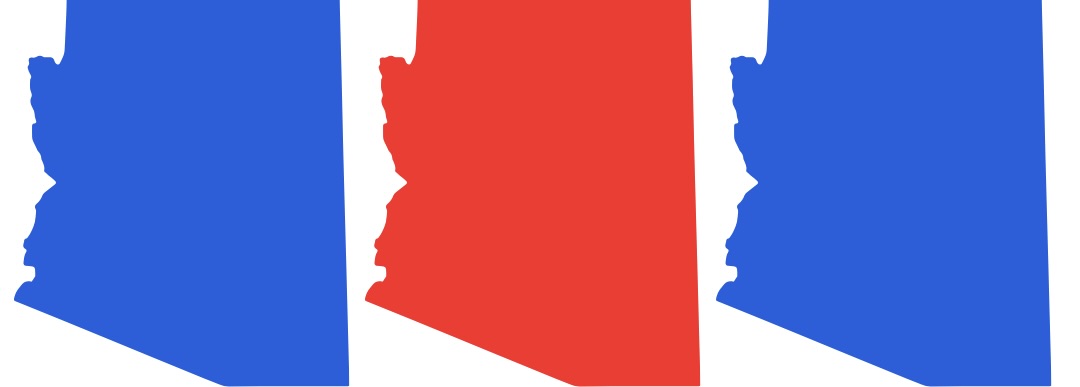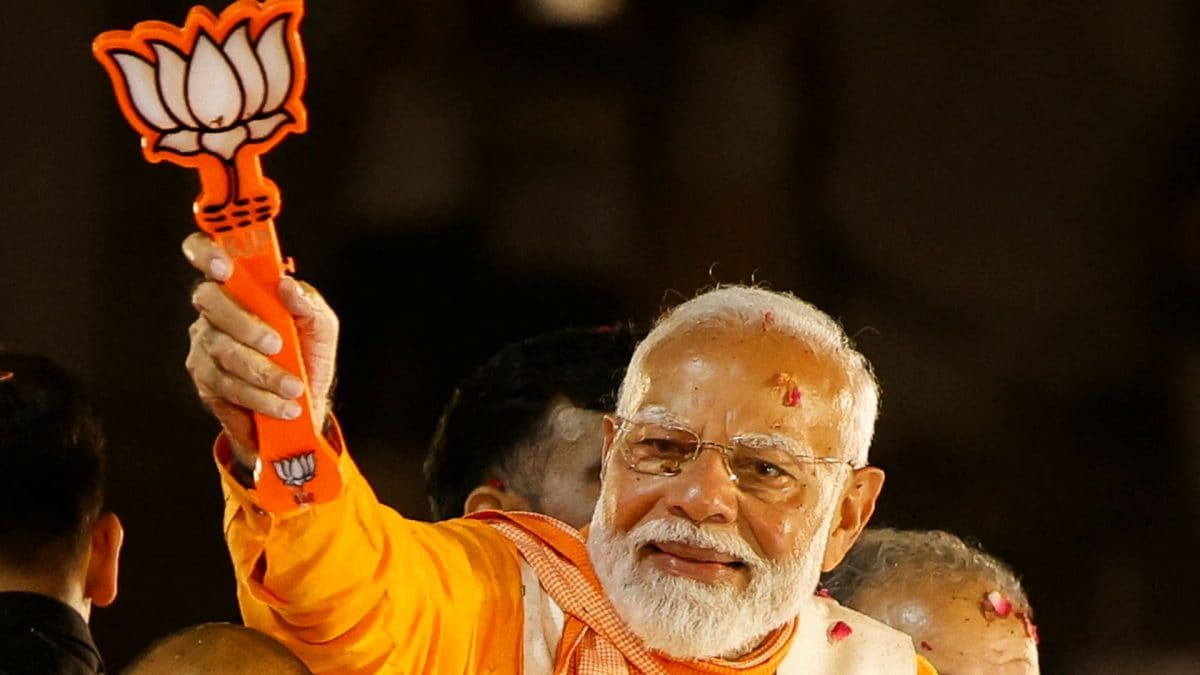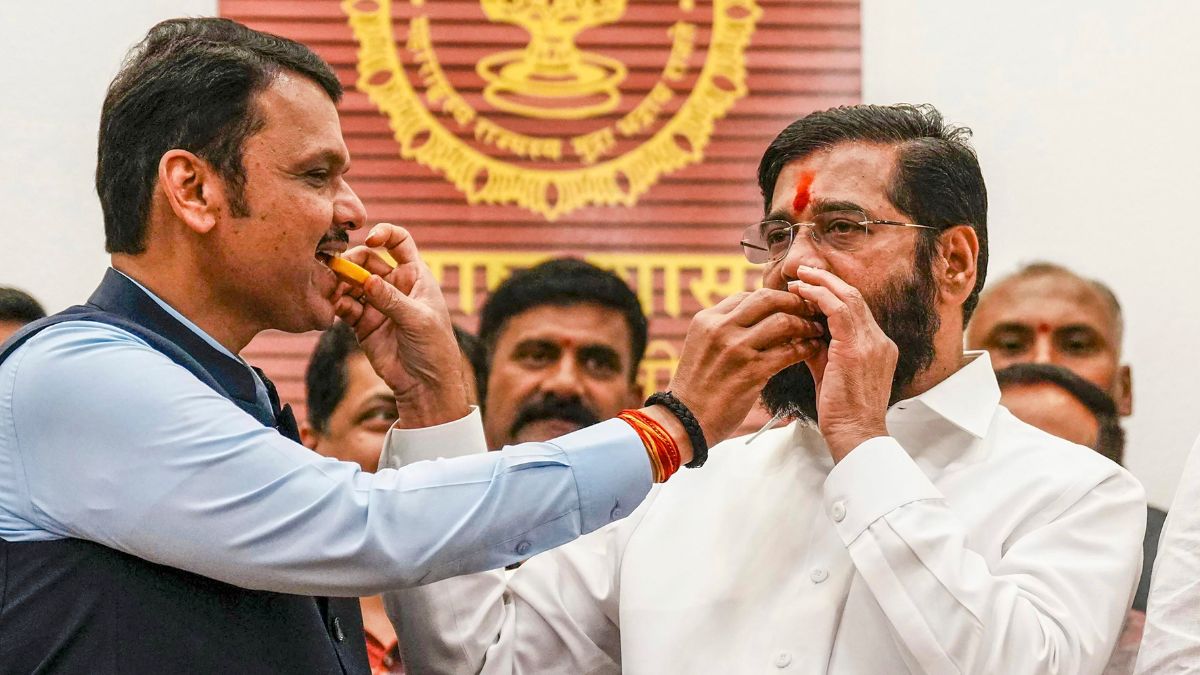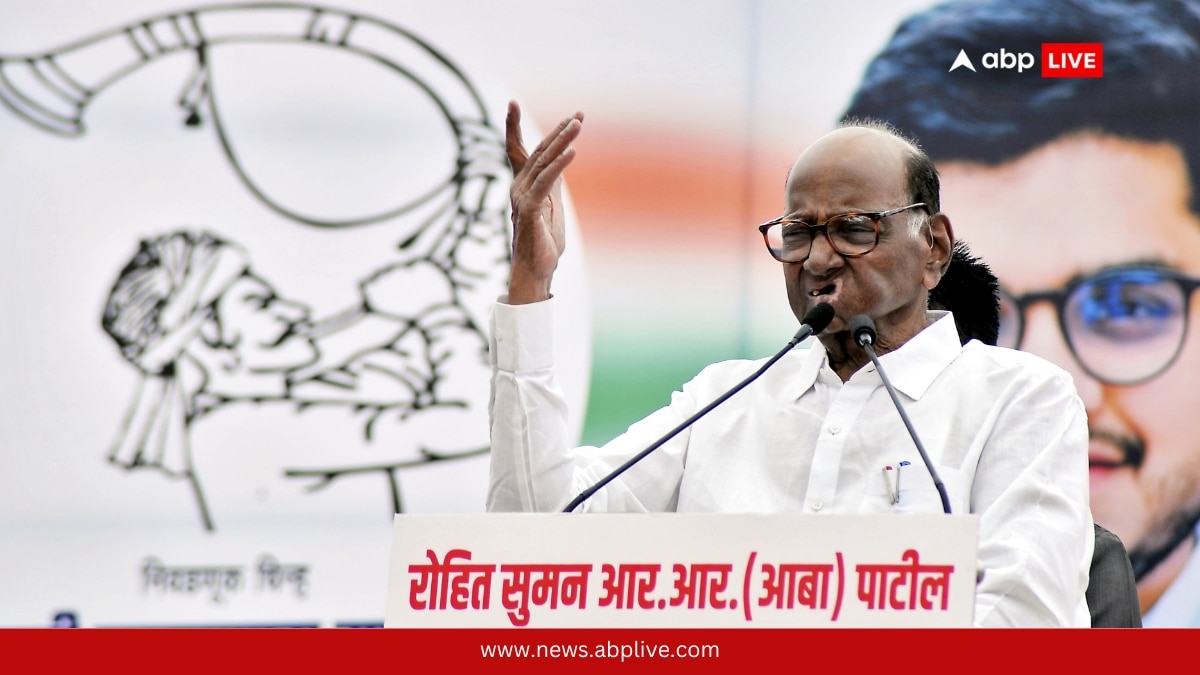
Like any other state in the nation, Arizona has every type of person you can imagine. But it is Arizona’s rich mixture of voters that displays how it is a bellwether for America’s political sentiment. From blue-collar workers driving to work at 5 a.
m. with Trump flags attached to their pickup trucks’ bay to mom-and-pop shops having stickers in their windows showing support for Arizona’s two Democratic senators, there is no shortage of Republicans or Democrats in any area in the state. But the types of people from these neighborhoods can also be legendary.
Growing up, I learned about all sorts of leaders and figures who proudly came from Arizona. From the first woman on the Supreme Court, Sandra Day O’Connor, to actor David Spade to NHL star Auston Matthews, countless exemplary figures come from my home state. However, like most Arizonans, I also grew up understanding that people’s accomplishments and work for others matter more than any other variable, each being the only thing you should judge people by.
Whether you are a Democrat, Republican or Independent, all of these titles were, at one point, irrelevant. I remember how, in 2012, you could wear a Mitt Romney hat in a grocery store without being asked to leave. I also remember how you could put up an Obama sign in your front yard without having to worry about some Karen ripping it out of the ground and destroying it.
However, this Arizona I grew up with seems to be gone. The Republican Party of former Gov. Doug Ducey and Sen.
John McCain has been absorbed by President-elect Donald Trump’s supporters in the state. Similarly, the Democratic Party of Arizona has come out of the woodwork and has proven to be an entity that Republicans don’t know how to beat. But, the most apparent issue in Arizona seems to be that there is frustration on both sides of the aisle, specifically being hyper-intensified into every corner of day-to-day life.
The COVID-19 pandemic can be credited as one of the main accelerants of this atmosphere, with the National Institute of Health even recognizing this factor on the national scale . In its published study, the NIH outlines that trust between political parties, or the political climate, has been exacerbated to the point of no return. One example of this in Arizona is how, in 2022, Kari Lake’s inferno of a campaign couldn’t muster up enough support to obtain the governor’s office and seat a Republican in it for another four years, with voters electing current Democratic Gov.
Katie Hobbs . The key takeaway of this race, however, was what happened after Lake’s loss, as the Republican began claiming that the election was rigged against her . This built up frustration amongst Arizonans, as Trump had already attempted this same tactic of election doubting back in 2020, as he had objected to the certification of Arizona’s election that year.
Like Trump, Lake obtained nothing from these claims . Importantly, in both instances, the election results remained in their Democratic challenger’s favor. But Democrats were already making gains before Trump’s loss in 2020, or Lake’s loss in 2022.
After McCain died in 2018, one of Arizona’s seats in the Senate became a free-for-all. With a special election being set for 2020, Republicans and Democrats raised a combined $171 million to make the seat competitive. This once reliably red seat that McCain held for 31 years became a toss-up.
However, with Martha McSally’s loss , Arizona sent Democrat Mark Kelly to serve as a Senator in Washington, D.C. Two years later, Kelly beat Trump-endorsed Blake Masters to hold on to the seat for six more years.
Outside of the events triggered by McCain’s passing, Arizonans had already sent a Democrat to Washington. In 2018, Kyrsten Sinema beat McSally and stated in her victory speech that “ Arizonans had a choice between two very different ways forward: One focused on fear and party politics, and one focused on Arizona and the issues that matter to everyday families.” Unironically, Sinema’s claim in her own speech from 2018 applies to the results of the 2024 general election.
The fact is that Lake lost to Democrat Ruben Gallego to be Arizona’s next senator. On the heels of Lake’s loss, Trump’s win over Vice President Kamala Harris for Arizona’s 11 electoral votes also further proves that Arizonans have maintained an impartially discerning way of voting. The recent election has not only shown that there are Republican and Democrat voters in Arizona but that, in a very extraordinary way, there is a balance.
Arizonans have given Trump a mandate to govern. However, they have also made it clear that they want a Democrat in the Senate to check his agenda. This clear message reinforces that voters in Arizona are objective wildcards.
Their message also advances the words of Barry Goldwater, a Republican senator from Arizona and one-time presidential candidate. Goldwater once said : “I am frankly sick and tired of the political preachers telling me as a citizen that if I want to be a moral person, I must believe in A, B, C and D. Just who do they think they are? And from where do they presume to claim the right to dictate their moral beliefs to me?” Michael Duke, GSB ’26, is a business administration major from Scottsdale, Ariz.
.














